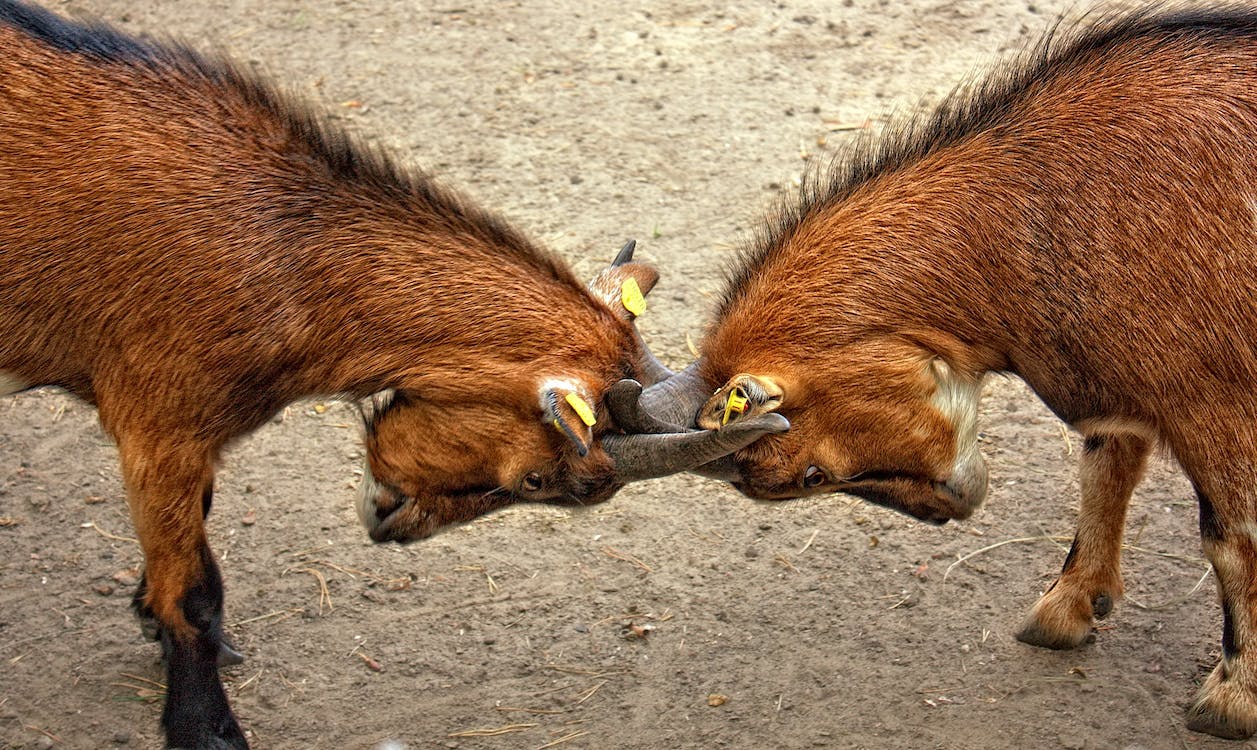Hands-on training on greenhouse gas emissions assessment to strengthen climate actions in Senegal
FAO in collaboration with the Ministry of Livestock and Animal Production of Senegal organize a new training on livestock and climate action in the country.

Livestock systems in Senegal are a vital socio-economic sector, providing livelihoods, employment, and income to nearly one-third of Senegalese households. Despite its significant contribution to rural economies, the livestock sector faces challenges exacerbated by climate change in the forms of drought, heavy rains, and heat stress, affecting both productivity and sustainability.
FAO is organizing a hands-on training that aims to build capacity and enhance knowledge sharing and collaboration among officials from the Ministry of Livestock and Animal Husbandry of Senegal and other livestock stakeholders from diverse national institutions.
Background
Senegal is taking steps to address climate challenges and has made commitments to reduce greenhouse gas emissions and enhance climate resilience in its economic activities through nationally determined contributions (NDC) in 2020. However, the current commitments do not include the mitigation of methane and other greenhouse gas emissions from the growing livestock sector.
Already in February 2023, FAO organized a first national workshop to validate the results and recommendations of a study conducted by FAO in collaboration with the Livestock Directorate under the Ministry of Livestock and Animal Husbandry of Senegal to enhance Senegal’s climate commitments. The study also identifies ways to strengthen national stakeholders’ capacity to assess greenhouse gas emissions from the livestock sector and to consider methane mitigation interventions in Senegal’s future NDC.
Due to its significant potential in terms of food security and job creation, particularly in rural areas, the livestock sector has received attentions from public authorities to sustain its contributions to livelihoods. The Plan for an Emerging Senegal, a benchmark for economic and social policy, whose ambition is economic emergence by 2035, is also based on livestock activities.
About the hands-on training
FAO is organizing a hands-on training that aims to build capacity and enhance knowledge sharing and collaboration between the Ministry of Livestock and Animal Husbandry of Senegal and other livestock stakeholders, including academia, civil society, non-government organizations, and the private sector.
The training will take place from 7 to 9 November 2023 in Thies, Senegal and is organized in partnership with the Ministry of Livestock and Animal Production, Livestock Directorate under the FAO project “Scaling up climate actions to enhance nationally determined contributions and climate and livestock”. The event will bring together approximately 50 participants from the ministry and other institutions involved in climate change mitigation and adaptation initiatives. Through the training, participants will gain insights into innovative techniques for reducing greenhouse gas emissions, improving livestock productivity, and enhancing the sector's resilience to climate change.
